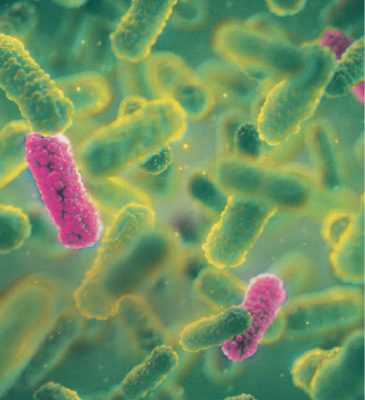How researchers are addressing the Sustainable Development Goals (SDGs)
By Krista Davidson and Elaine Smith

The United Nations’ 17 SDGs are the blueprint for peace and prosperity, calling for action by all countries to come together in a global partnership to end poverty and improve health and education, reduce inequality and spur economic growth, while addressing climate change and preserving land and biodiversity.
In June 2020, York launched its University Academic Plan 2020-2025, which included a University-wide challenge to elevate York’s contribution to the SDGs.
York’s community of changemakers have proven themselves up for the challenge.
York is highly ranked in these SDGs
- SDG 11: Top 10 in the world Sustainable Cities and Communities
- SDG 16: Top 10 in the world Peace, Justice and Strong Institutions
- SDG 5: #1 in Canada Gender Equality
- Top 35 in the world Times Higher Education Impact Rankings
Below are some of York’s rankings and some of its accomplishments toward specific SDGs:
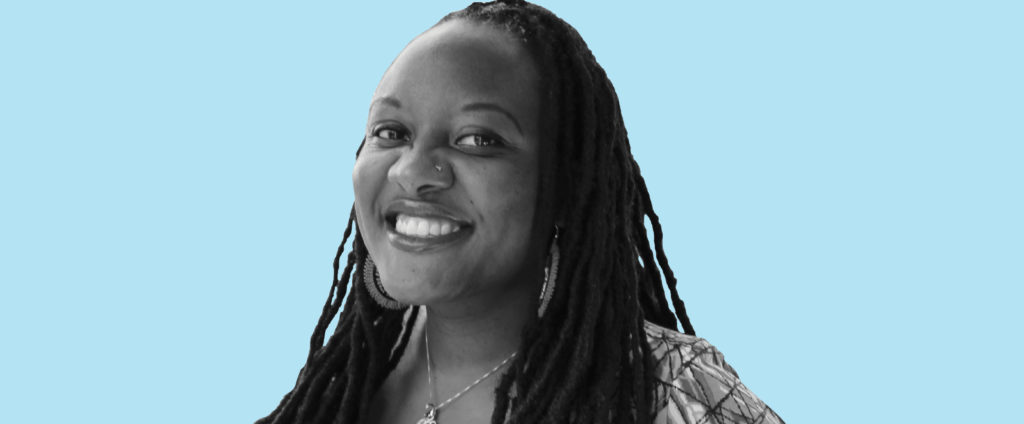
SDG 4: Quality Education
Making sure Black students feel seen and heard
Faculty: Molade Osibodu, Faculty of Education
Funding: York Black Seed Research Fund
Even in diverse Canadian and American school systems, Black youth often struggle to feel like they belong in math classes. Molade Osibodu’s research aims to develop equitable approaches to ensure that Black students feel seen and valued in their learning. Her work dissects the social, political and cultural factors that impact Black youth learning in mathematics in racialized contexts, specifically in countries such as Canada and the U.S.
“I’m invested in the ways that Black youth, their experiences and their home communities are represented in their math learning and spaces,” says Osibodu, a professor in the Faculty of Education. Osibodu received the 2021 Pat Clifford Award for emerging researchers, presented by the EdCan Network, for her research in this area.
“I’m Nigerian and have been living outside of Nigeria for 20 years. I started my undergraduate degree in the U.S. when I was 16. I’ve had a long time to think about my own experiences.”
“The narrative is not whether Black students love math or are successful in math, but what they experience when they’re learning math.”
She cautions that society tends to focus on encouraging Black students to pursue careers in industry.
“We tend to encourage Black youth engaged in STEM fields to pursue careers in industry as opposed to teaching, which is a disservice for racialized youth, who need more teachers who look like them.
“What I care about the most is that Black youth feel like they were given opportunities to learn,” she says.
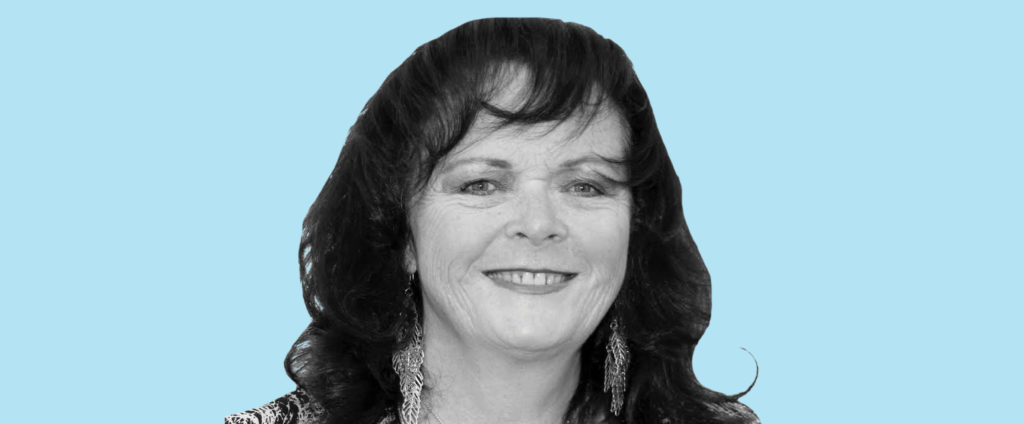
SDG 5: Gender Equality
Giving motherhood the respect it deserves
Faculty: Andrea O’Reilly, School of Gender, Sexuality & Women’s Studies
Funding: SSHRC
Professor Andrea O’Reilly has put motherhood on the map as a legitimate field of scholarly study.
“I became a mother at 23 in 1984 and was dismayed at how invisible the topic of motherhood was in the undergraduate women’s studies and English courses I was taking,” says O’Reilly. “The same was true during my master’s and my PhD and I wondered, ‘Why?’ Motherhood was as worthy of intellectual inquiry as anything else.”
In the early 1990s, O’Reilly established and taught the first Canadian university course on motherhood and has taught it every year since. She also realized that there was no place for motherhood scholars to gather, so she founded the Motherhood Initiative and served as its director for more than 20 years.
In 1999, she created the Journal of the Motherhood Initiative as a place for scholars to publish their research in the field, and in 2006 she founded Demeter Press, which publishes scholarly works on motherhood topics. O’Reilly has also edited/authored more than 25 books on various motherhood topics, including one that introduces a feminism for mothers, which she has termed “matricentric feminism.” In March 2021, O’Reilly co-edited Mothers, Mothering, and COVID-19: Dispatches from a Pandemic, with contributions from 70 scholars in a dozen countries.
“We were thanking everyone for their contributions during COVID, but there was no recognition of the extra work mothers were doing to keep their families and communities running throughout the pandemic: working full time while tutoring their children, for example,” she says.
"We needed a book to document this and to expose the fault lines in our culture and the burdens mothers were shouldering."
O’Reilly’s most recent grants will allow her to conduct a three-year study of young mothers across Canada to see how they can be better supported. She will also compare the impact of COVID-19 on the lives of mothers in Canada and in Australia to see how life has changed post-lockdown.
Podcast or Perish, Ep.35: Andrea O’Reilly

SDG 11 – Sustainable Cities and Communities
Planning for socially sustainable cities
Faculty: Luisa Sotomayor, Faculty of Environmental & Urban Change
Collaborator: Liette Gilbert, Faculty of Environmental & Urban Change
Funding: Faculty of Environmental & Urban Change Small Grant
Luisa Sotomayor’s research investigates the social sustainability of cities through the lens of groups who are usually precluded from urban planning decisions, despite their contributions to urban life. “While planners increasingly recognize the need to include the voices and lived experiences of historically marginalized publics, people facing socio-legal exclusions, such as undocumented migrants, continue to be excluded from planning processes and adequate policy formulation,” says Sotomayor.
Together with Liette Gilbert, a fellow professor in the Faculty of Environmental & Urban Change, Sotomayor is examining the barriers to housing and urban services for non-status populations in Toronto. Such barriers are a growing problem around the world, amid war-torn nations and groups fleeing persecution. The UN Refugee Agency recorded 82.4 million people worldwide who were forcibly displaced by the end of 2020. Many of them have no rights or limited status in the countries they relocate to, and securing housing is a pressing concern.

As a sanctuary city, Toronto has a “don’t ask, don’t tell” policy that aims to give undocumented populations a layer of protection against deportation. The initiative provides non-status immigrants with access to certain services delivered by the city, including community centres, health clinics and settlement support. However, many services fall under the provincial purview, creating gaps, including access to social housing and rent-geared-to-income programs.
"Non-status migrants are left to their own devices in one of the world's most expensive rental housing markets."
She says this pushes them to informal arrangements where they may experience overcrowding, unsafe dwelling conditions or landlord exploitation.
Sotomayor insists that policies which legalize rooming houses and enable more flexibility in rental agreements play a huge role in supporting sustainable living for undocumented residents. Furthermore, the creation of well-located affordable housing with access to green spaces, libraries, community centres and reliable transit will also support the socially sustainable cities of the future.
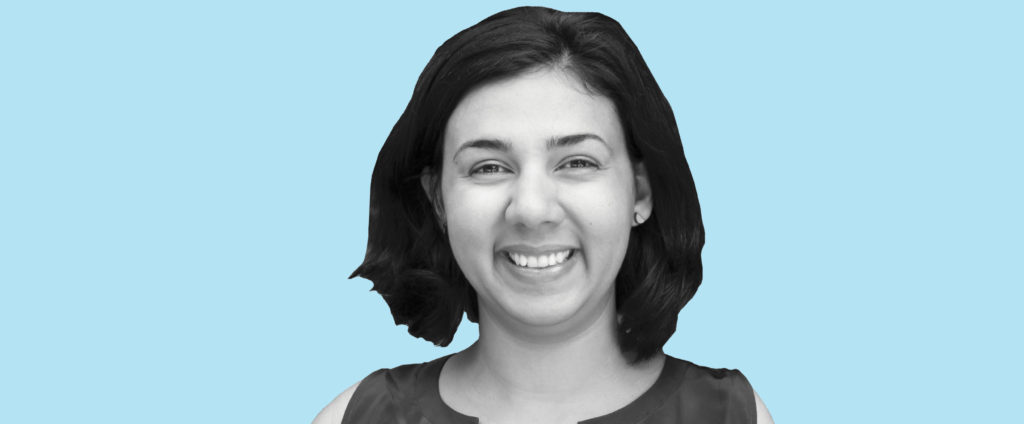
SDG 15: Life on Land
Nurturing ecosystems by protecting bee populations
Faculty: Sheila Colla, Faculty of Science
Funding: Weston Family Foundation; York University; NSERC Discovery Grant; New Frontiers in Research Fund
Sheila Colla has spent her academic career studying and advocating for the conservation of wild bees, of which there are upwards of 20,000 species. Some of these are experiencing a worrying decline in Canada and the U.S.
Colla’s research led to the rusty patch bumblebee being the first bee species listed as endangered in Canada and the U.S. Her research mobilized federal and provincial governments to dedicate resources to conserving this and other wildlife species, and supported policy that required new land developments and gas lines to be surveyed and studied to assess their future impact on endangered bee populations.
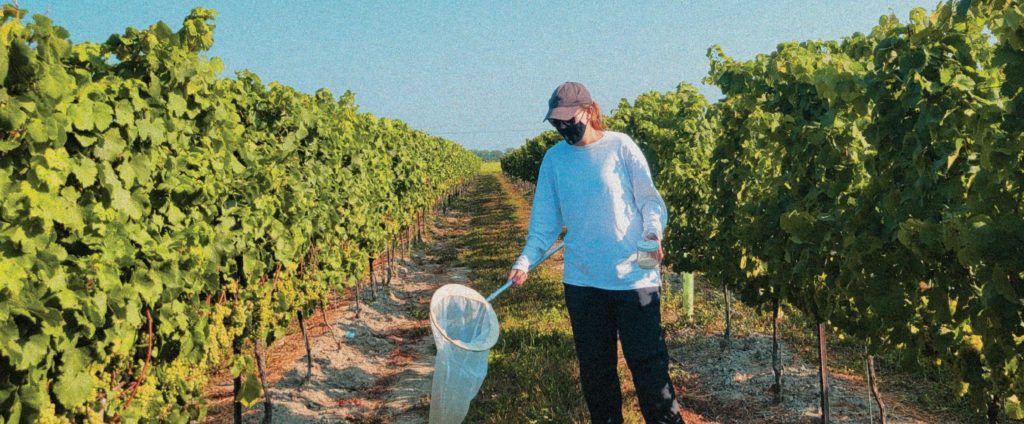
“Counting bees and searching for rare populations doesn’t translate to change on its own,” says Colla, who holds a Tier II York Research Chair in Interdisciplinary Conservation Science and teaches in the Faculty of Environmental & Urban Change. “I’ve been working in this area for 15 years. We need more awareness of the connection between livestock bees, wild bees and their relationships to the ecosystem.
"In Canada, bees are the most important pollinating group. Not only do they support natural ecosystems like trees and flowers, which then produce food and shelter for songbirds and small mammals, but they also benefit conventional and urban agriculture."
There is a lot of research on crop systems that demonstrates that when it comes to pollination, even when managed bees are being used, wild bees do much of the pollination.
“We know with climate change that we’re going to experience more ecological disruptions in the future, like summer droughts and spring ice storms. If we want our ecosystems and food systems to be resilient during these changes, we need to conserve diverse wild bee communities,” she says.

SDG 16: Peace, Justice & Strong Institutions
Repairing the land, repairing the people
Faculty: Deborah McGregor, Faculty of Environmental & Urban Change; Osgoode Hall Law School
Funding: Canada Research Chairs Program (SSHRC, CIHR, NSERC)
“Until we make peace with the Earth, we won’t have peace among people,” explains Deborah McGregor. McGregor is Anishinaabe from Whitefish River First Nation, Birch Island, Ontario. She is a professor in the Faculty of Environmental & Urban Change and at Osgoode Hall Law School, and holds a Canada Research Chair in Indigenous Environmental Justice.
Her research focuses on Indigenous knowledge systems in a variety of contexts, including water, environment and environmental and climate justice and governance. Supporting Indigenous self-determined futures is at the core of her work. She also serves as director of the Centre for Indigenous Knowledges and Languages (CIKL), the first organized research unit of its kind at York, which aims to advance Indigenous and decolonizing scholarship.
McGregor says the key to peace, justice and strong institutions is to repair the relationships among peoples and extend that to the natural world, striving for planetary well-being.
"The planet is very much in crisis in terms of ecology, climate, water and biodiversity."
“As Indigenous Peoples, we’re trying to figure out how planetary well-being relates to our own journey for a self-determined future, and how to bring our knowledge, language, laws and governance to the fore in support of this broader goal.”
The rapid increase and intensity of environmental disasters such as floods and wildfires are the Earth’s reaction to the detrimental actions of people, says McGregor. “We hear a narrative that the Earth is turning against us, but it isn’t the Earth that needs to change, it’s people. “Part of my work centres around how we can take better care of the planet so it is livable for future generations and all life. I’d like to see my children and grandchildren, and future generations, have a healthy place to live in their future.”
Read more
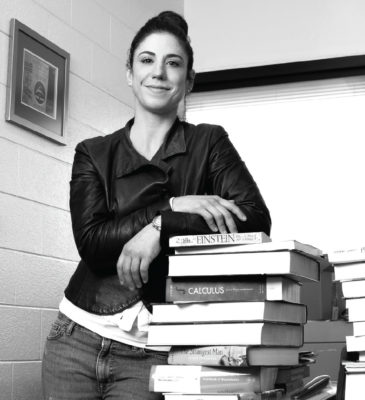
The Biophysics of age-related visual brain diseases
Innovative technique will bring to light new treatments and diagnostics for vision-related diseases

Research for a better future
Creating positive change in areas related to decolonization; the integration of AI in healthcare; mitigating racism in classrooms; sustainable arts; and inclusive health care
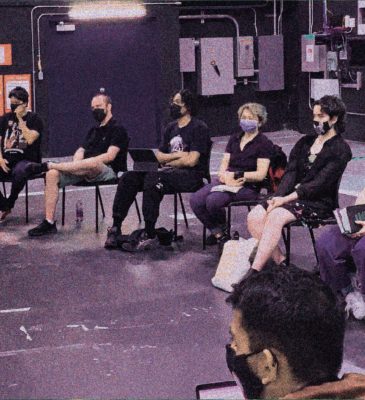
Full Circle: Alum partners with Cinespace studios and creates student opportunities
Partnership will let students experience behind-the-scenes of a billion-dollar film industry

